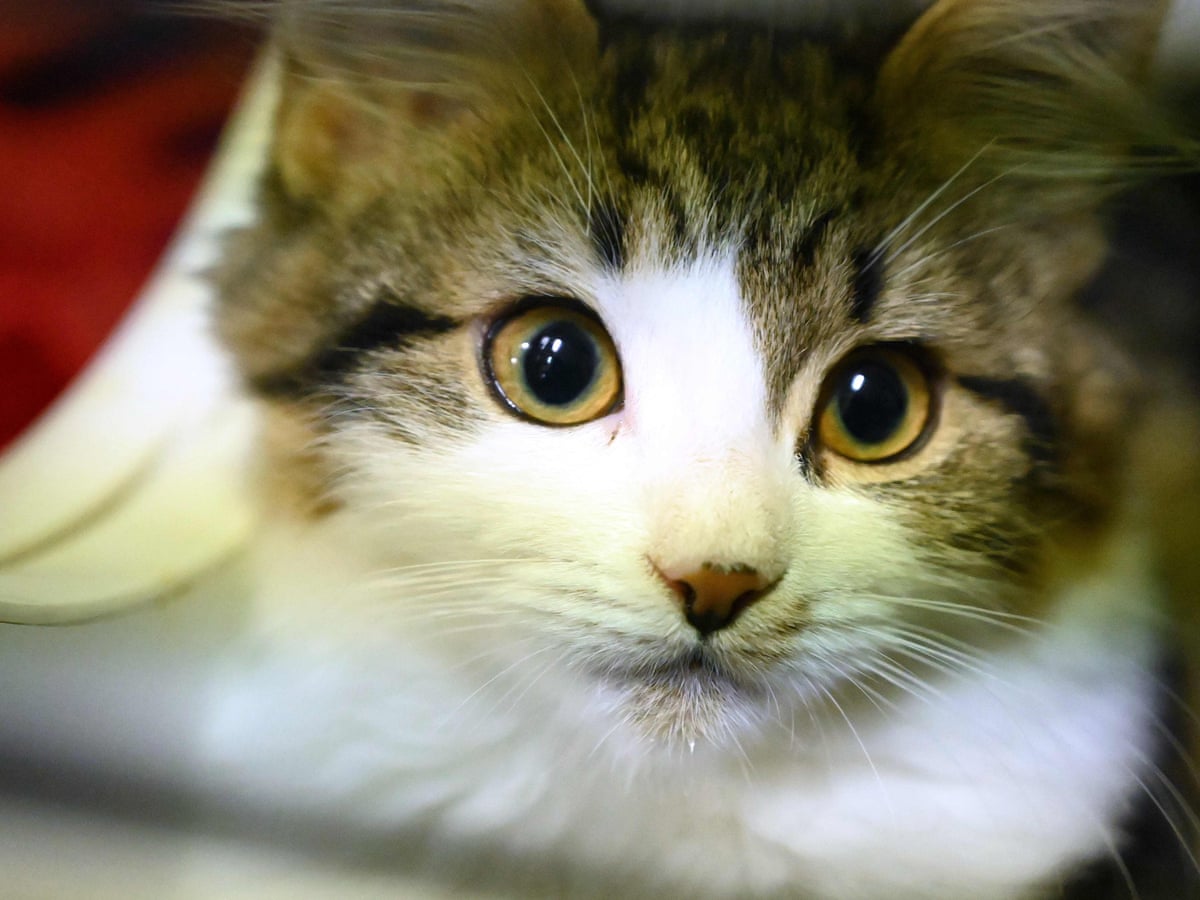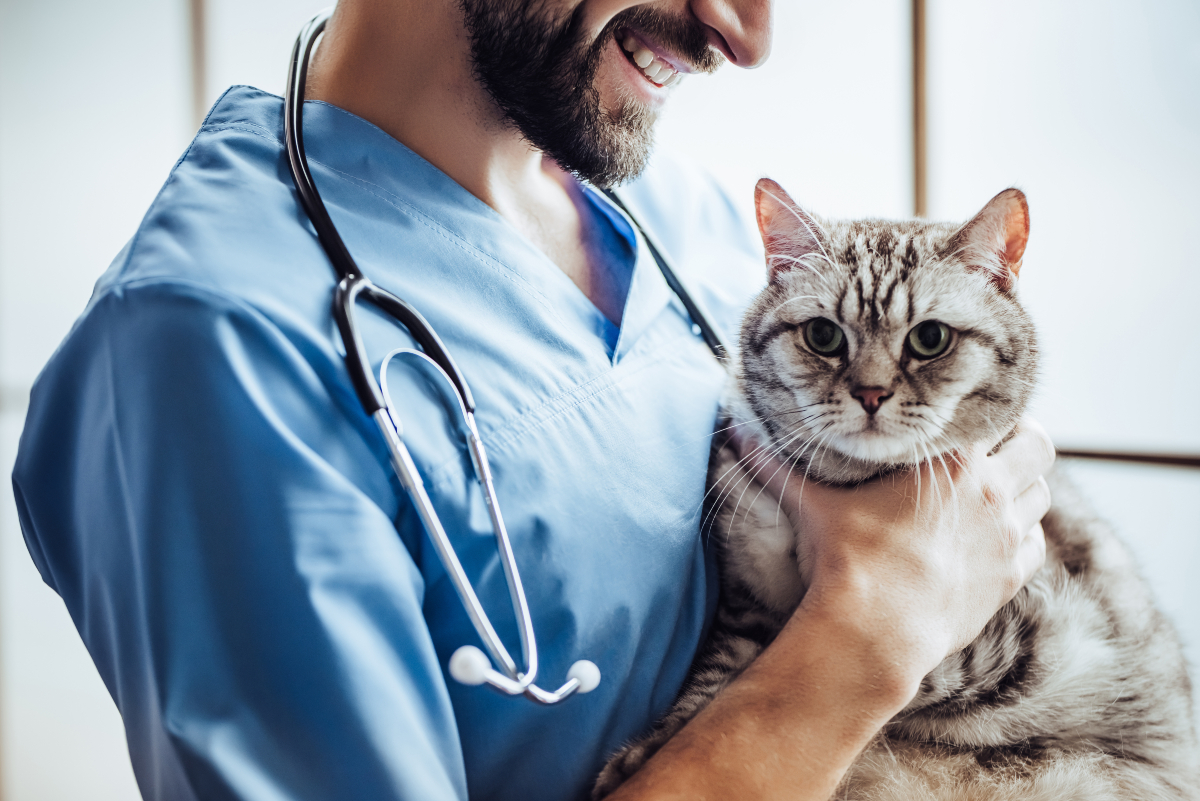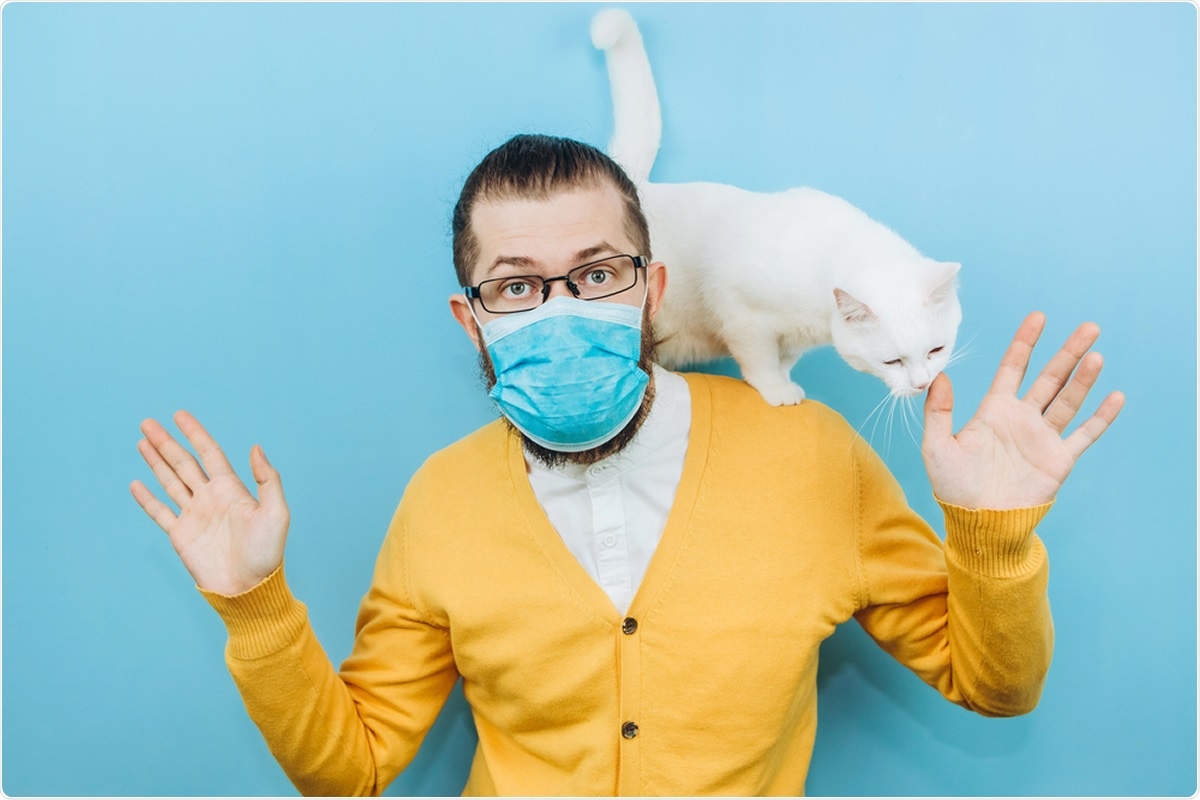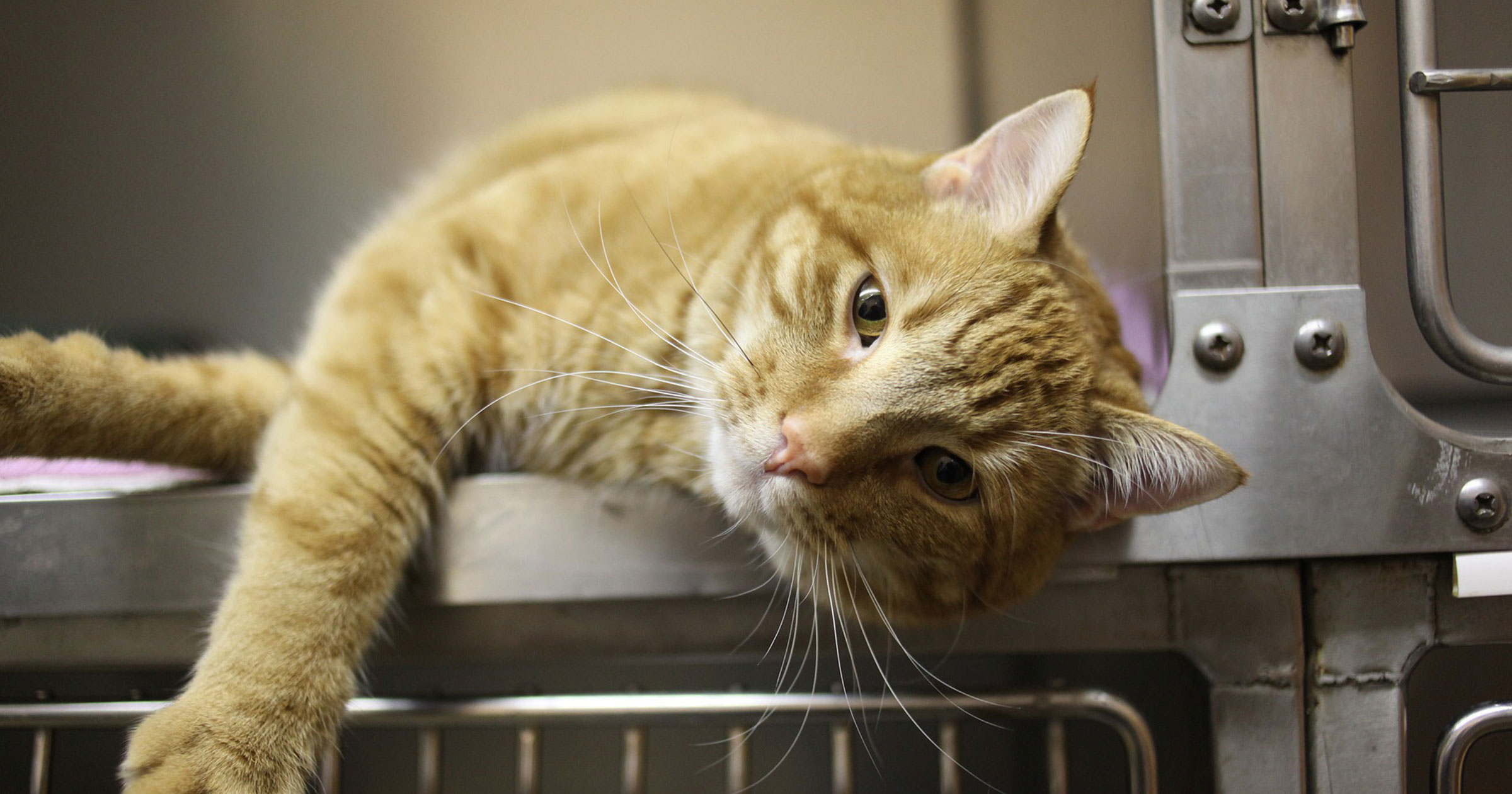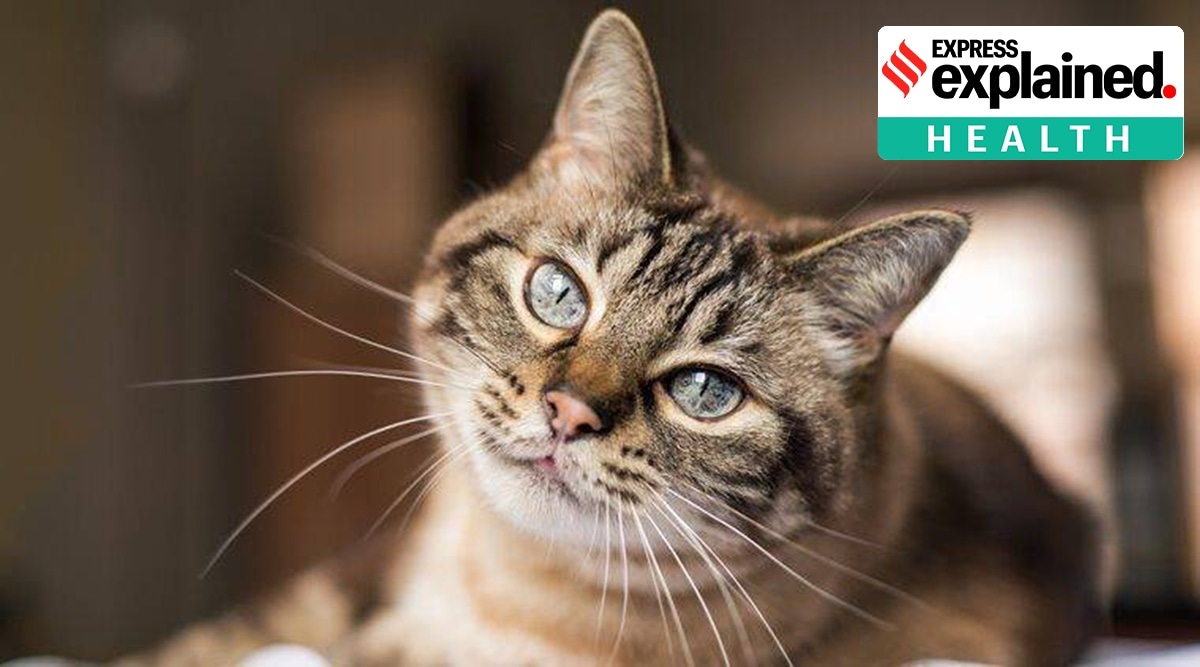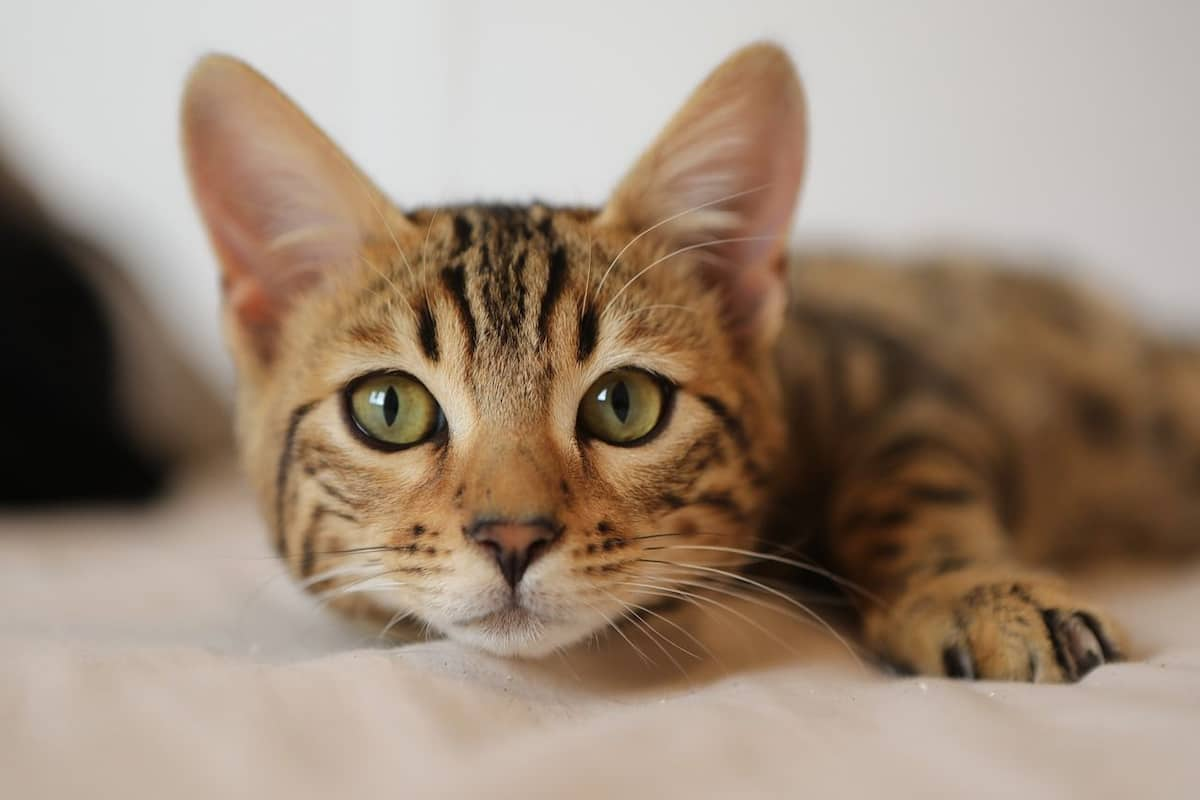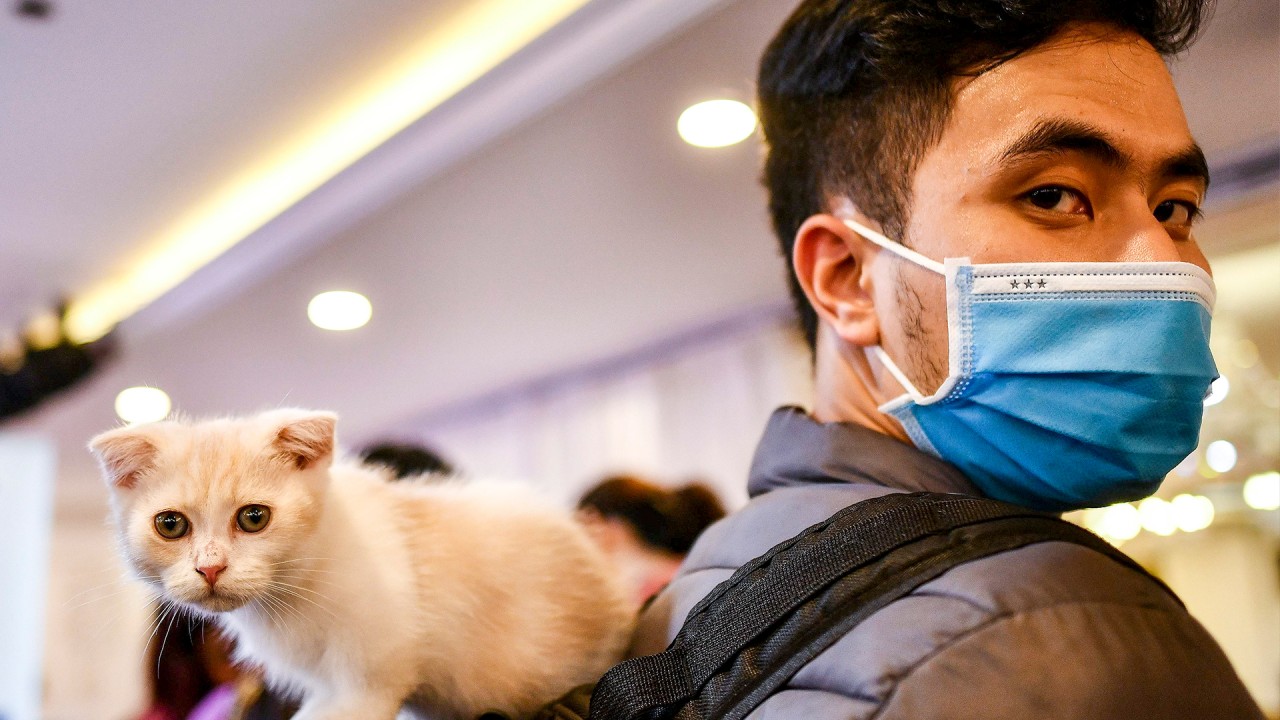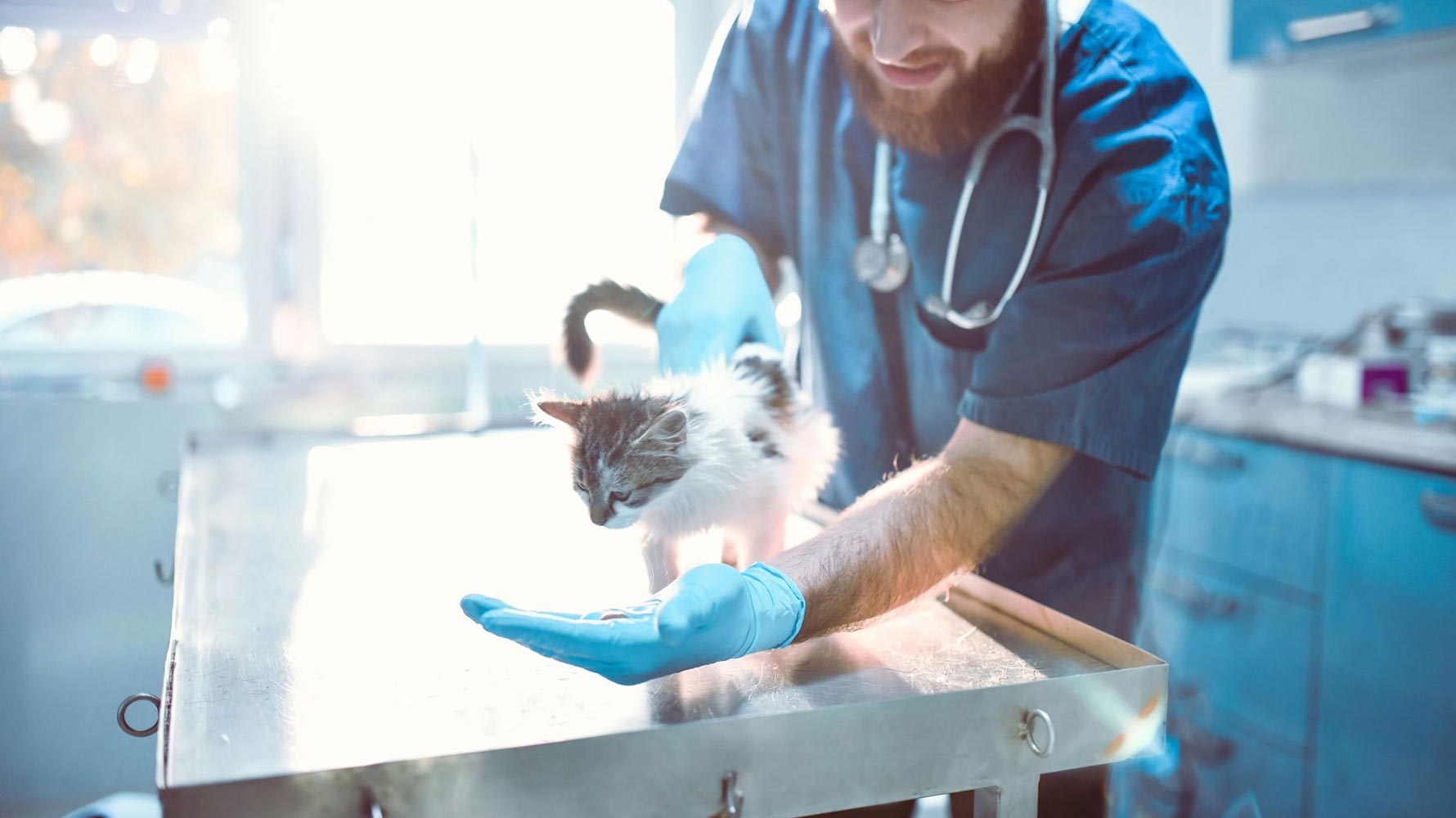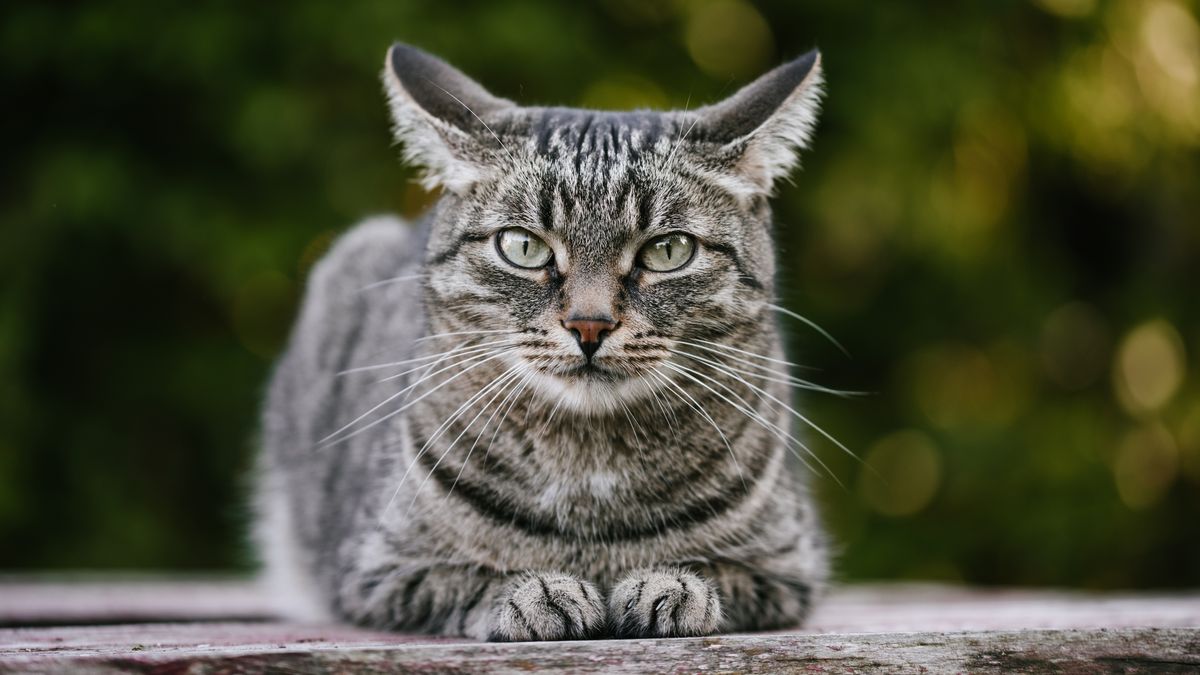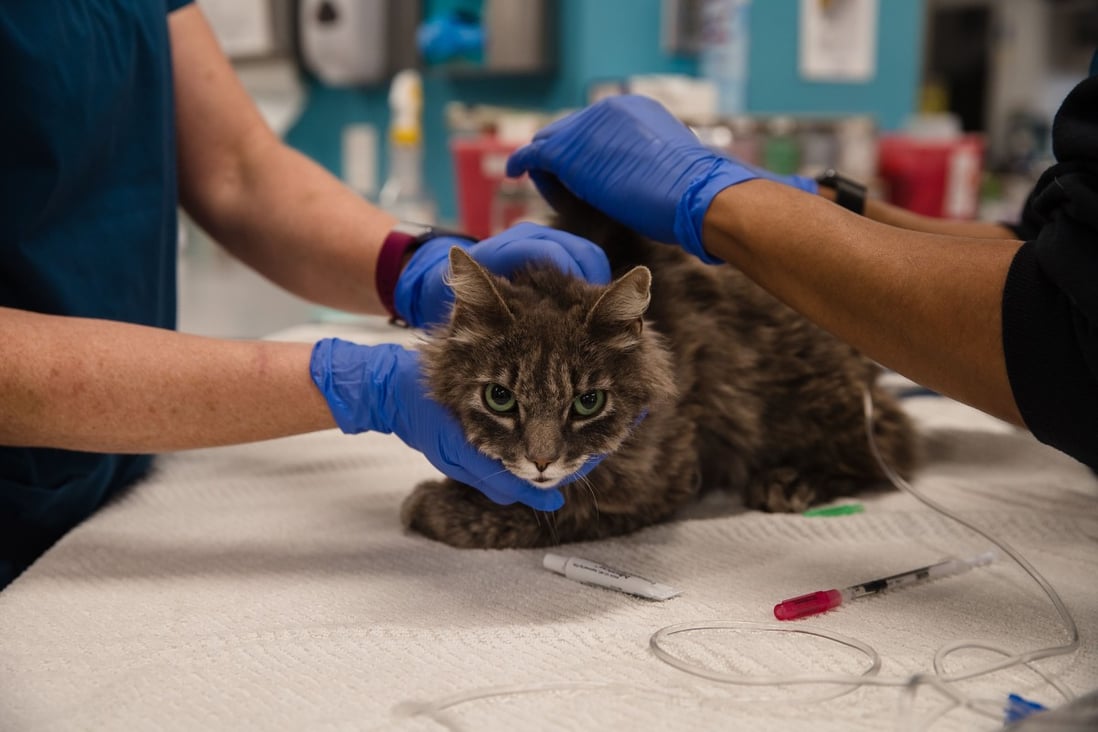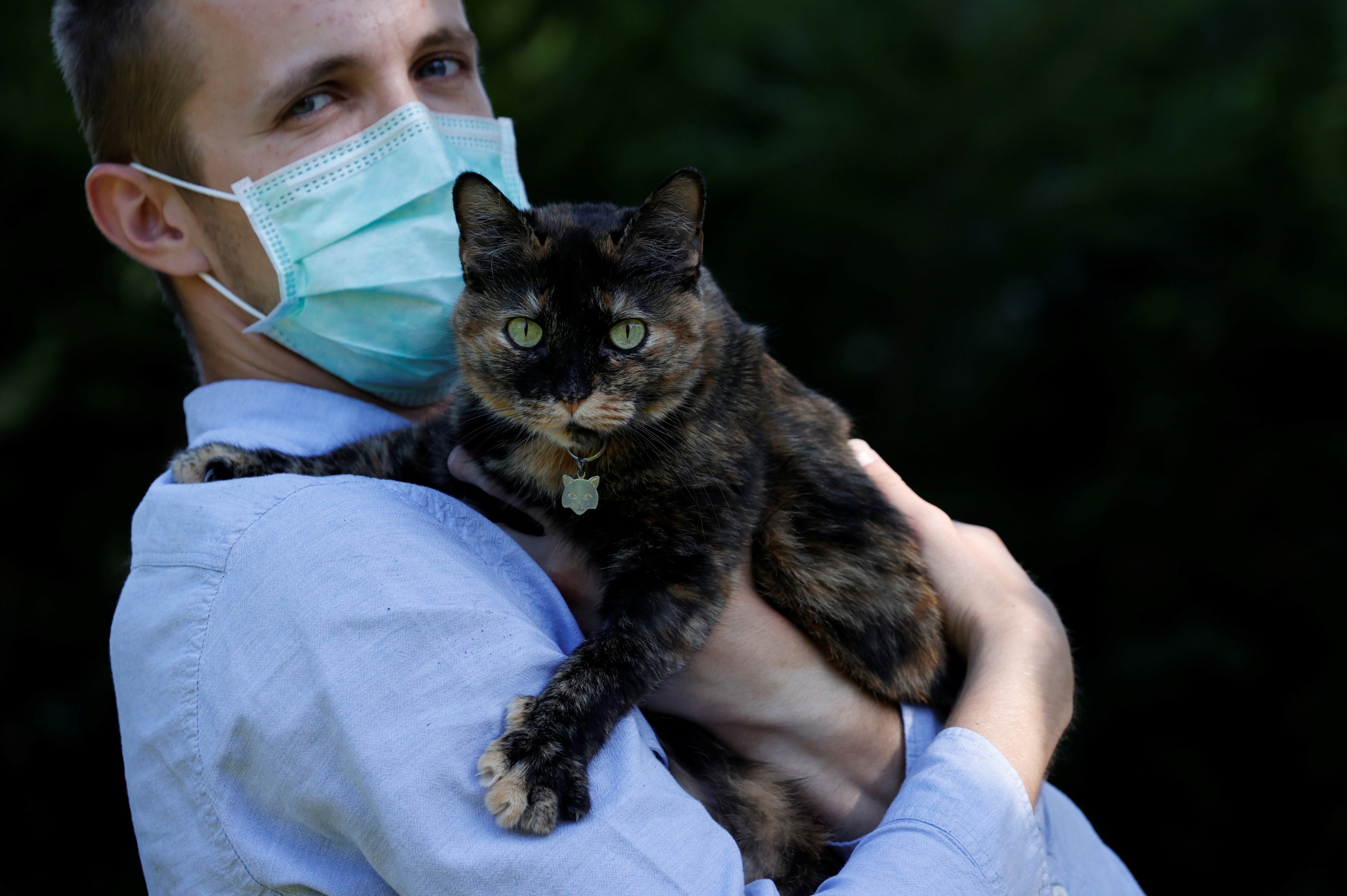Cats And Coronavirus Infection

Mutation of the virus to a type that can infect macrophages leads to feline infectious peritonitis.
Cats and coronavirus infection. Some cats continue to shed virus indefinitely however. Three pet cats that tested positive for coronavirus were put down in the northeastern Chinese city of Harbin state-backed media reported leading to a social media backlash at what some viewed as. Public concern about felines was initially raised when tigers and lions at the Bronx Zoo in New York were found to be infected with SARS-CoV-2 the virus which causes COVID-19.
An enteric coronavirus infection of cats and its relationship to feline infectious peritonitis. An enteric coronavirus that is antigenically closely related to feline infectious peritonitis virus FIPV is ubiquitous in the cat population. Fifteen of the cats had COVID-19 antibodies in their blood and 11 of those cats had neutralizing antibodies that bind to the coronavirus and block infection.
Coronavirus infection is extremely widespread in cats especially where large numbers of cats are kept together. This virus has been designated feline enteric coronavirus to differentiate it from FIPV. It is important to note that Feline Coronavirus FCov is not associated with the current coronavirus pandemic.
Companion animals including pet cats and dogs and one ferret. FCoV is a common and contagious virus which is passed in the faeces of cats. Cats can be infected with the coronavirus that causes COVID-19 and can spread it to other cats but dogs are not really susceptible to the infection say researchers in.
We dont yet know all of the animals that can get infected. None of the cats. According to the CDC the following signs may indicate that your cat has contracted COVID-19.
It is a common contagious virus that can be found in the faeces of cats. An enteric coronavirus that is antigenically closely related to feline infectious peritonitis virus FIPV is ubiquitous in the cat population. What is Feline Coronavirus or FCoV.
